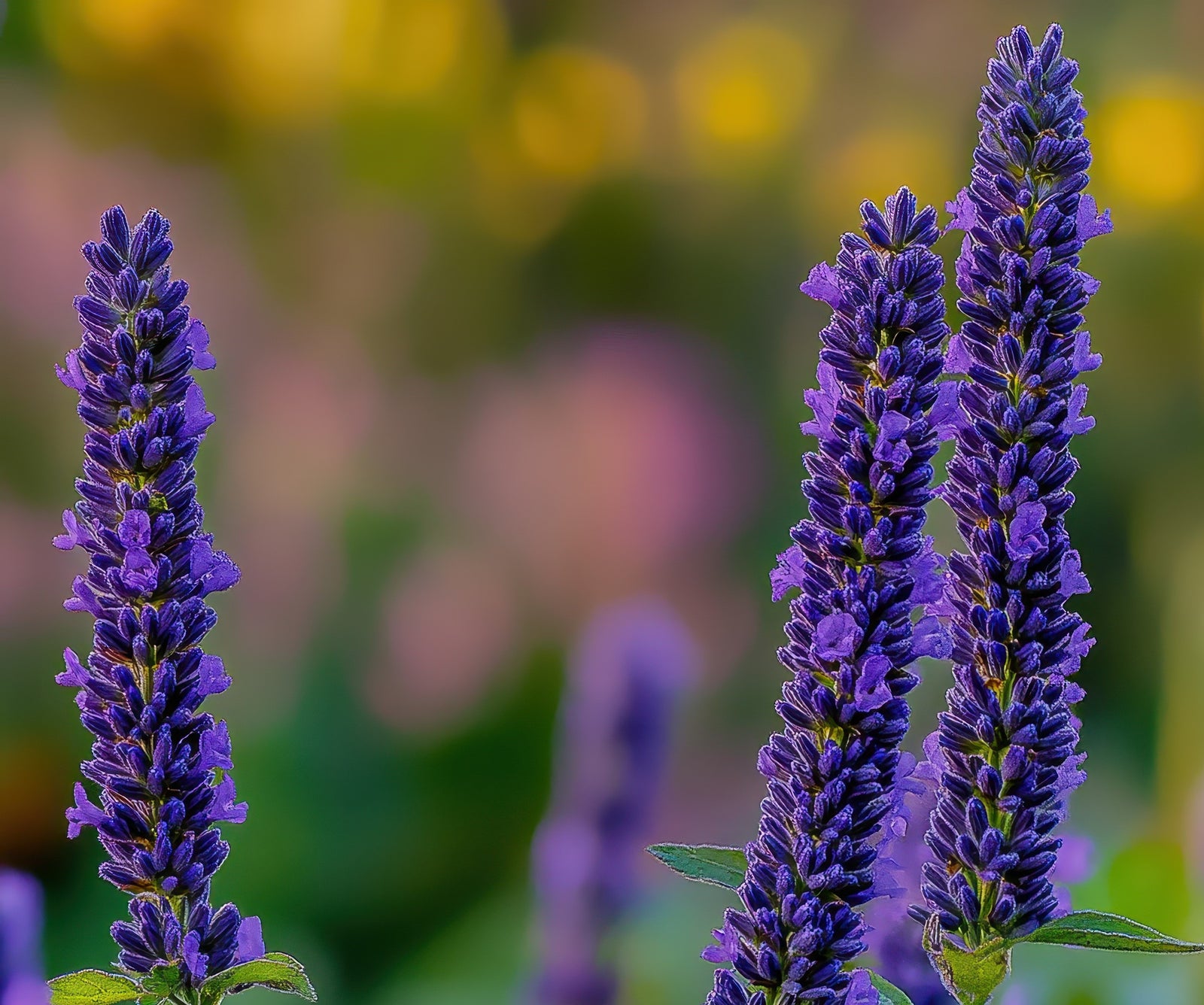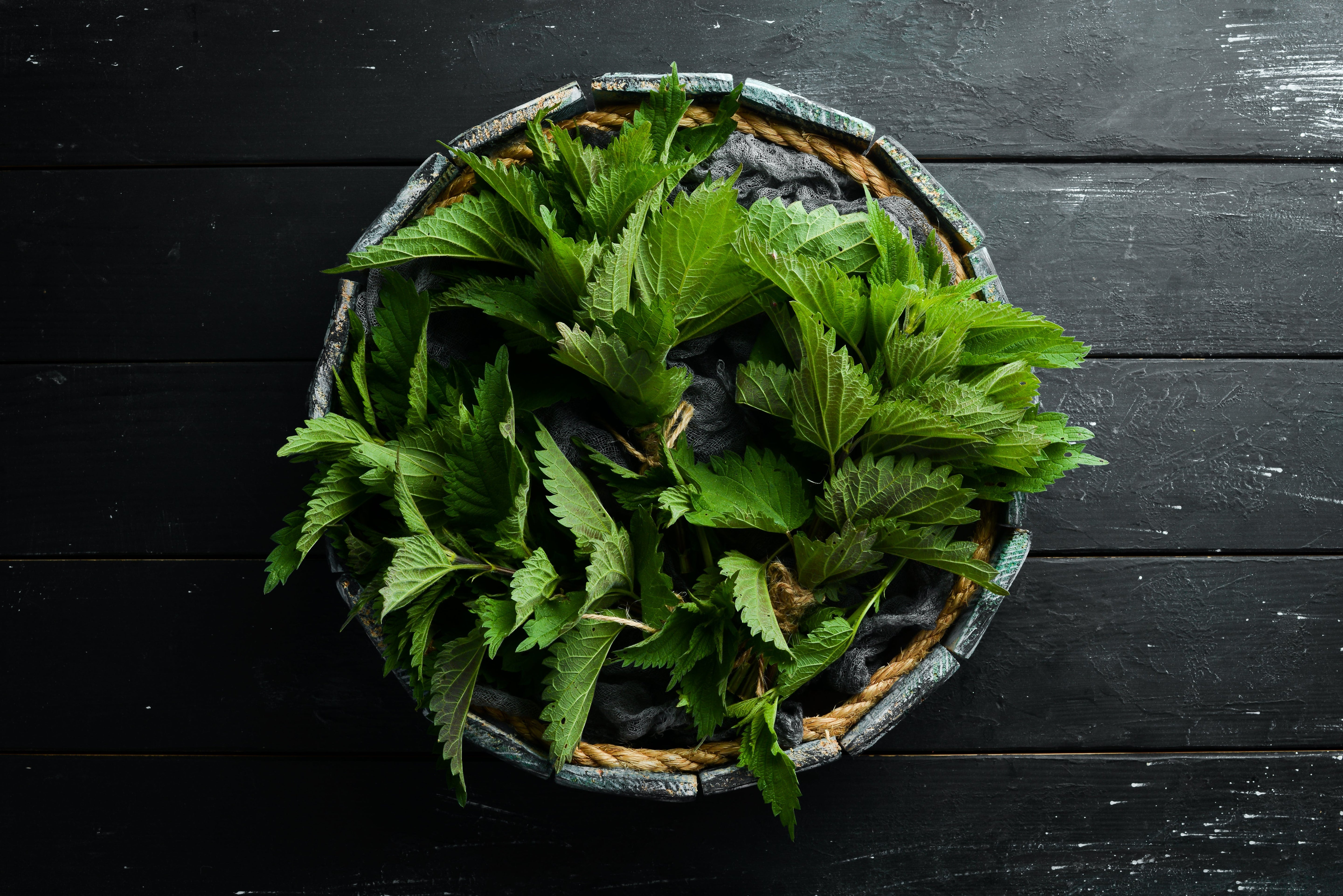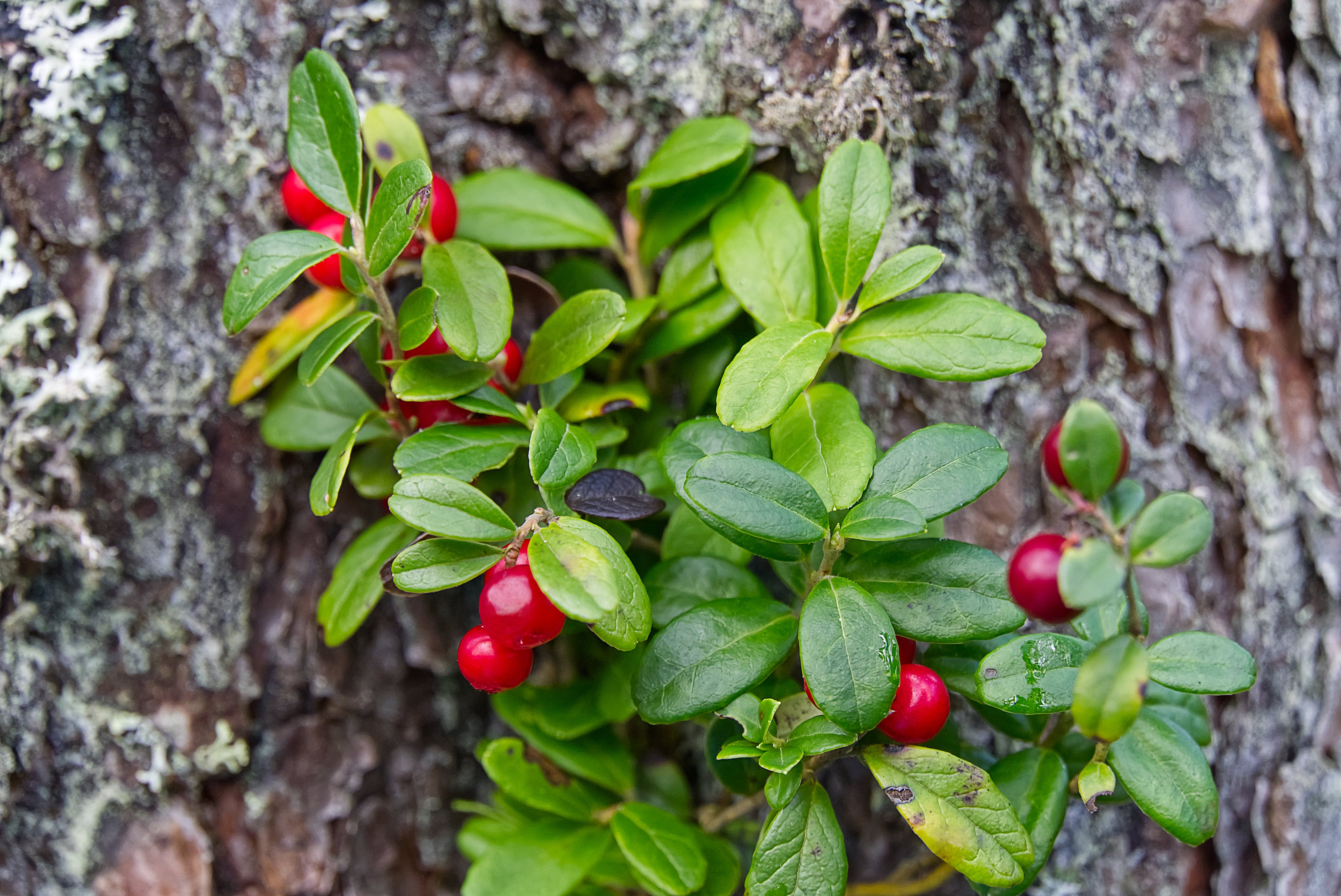Hyssop (Hyssopus officinalis) - forgotten herb with valuable properties

Hyssop is a very beautiful and very old plant, which is often mentioned in e.g. in the Bible, the oldest herbals, diaries and historical records. It comes from the Mediterranean region. Its properties have always been valued especially by the ancient Greeks, but it gained the greatest value growing in the monastery gardens of the Cistercians and Benedictines. Its name comes from the words azzof or ezob, which in different languages means "holy herb".
In the Middle Ages, the hyssop herb was treated as a "Universal Cleansing Agent". Used internally, it was supposed to be helpful in eliminating bad energy. Externally, it was used to prepare medicinal mixtures for lepers.
Hyssop is a rich source of essential oils, tannins, minerals and antioxidants.
Hyssop has anti-inflammatory and expectorant effects. It can soothe respiratory problems and support the immune system.
Hyssop may support the secretion of gastric juices and stimulate peristaltic movements of the intestines, so it is willingly used for indigestion, heartburn, flatulence and constipation. It also has a diastolic effect.
Hyssop is recommended as an aid in slimming, it may help to keep the feeling of satiety for longer.
Hyssop can help maintain a normal and regular menstrual cycle, it can also relieve menstrual pain.
In the Middle Ages, the hyssop herb was treated as a "Universal Cleansing Agent". Used internally, it was supposed to be helpful in eliminating bad energy. Externally, it was used to prepare medicinal mixtures for lepers.
Hyssop is a rich source of essential oils, tannins, minerals and antioxidants.
Hyssop has anti-inflammatory and expectorant effects. It can soothe respiratory problems and support the immune system.
Hyssop may support the secretion of gastric juices and stimulate peristaltic movements of the intestines, so it is willingly used for indigestion, heartburn, flatulence and constipation. It also has a diastolic effect.
Hyssop is recommended as an aid in slimming, it may help to keep the feeling of satiety for longer.
Hyssop can help maintain a normal and regular menstrual cycle, it can also relieve menstrual pain.






